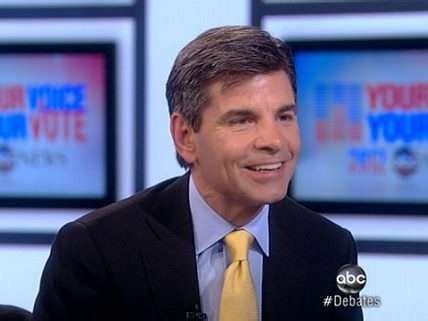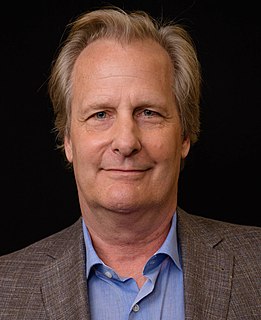A Quote by Matt Rosendale
If you flatten out the tax rates... and you start eliminating the different write-offs that are allowed to take place there, you make it so the special exemptions have gone away. It's better for business, and it's better for Montana.
Related Quotes
Start by scrapping the tax code. Don't fiddle with it. Junk it. Throw it out. Bury it. Replace it with a pro-growth, pro-family tax cut that lowers tax rates to 17% across the board and expands exemptions for individuals and children so that a family of four would pay no taxes on the first $36,000 of income.
The 9-9-9 plan would resuscitate this economy because it replaces the outdated tax code that allows politicians to pick winners and losers, and to provide favors in the form of tax breaks, special exemptions and loopholes. It simplifies the code dramatically: 9% business flat tax, 9% personal flat tax, 9% sales tax.
I think different societies, cultures, individuals, teams of people, make the world a better place. The founding fathers, they made New England, they made those 13 colonies. I don't know if they thought they were changing the world or just changing their world, but they did make the world a better place. Doctors that cure patients or cure diseases or make discoveries, they're making the world a better place. Can I make the world a better place by selling underpants? Not really. That's just the means. That gives me resources to try to make the world a better place.
Starting in the '80s or so, after the United States sharply cut its rates, other countries decided they better do it too, and here's how you do it: you just wipe out the exemptions, the deductions, the credits, the depreciation allowances. And people complain, "Oh my God, it's terrible," but you give them much lower rates and you give them an easier form to file, and people accept that tradeoff.
There's a tradeoff. Yeah, I lose the deduction that I really like, but my tax rate is going to go down, and I don't have to fill out that form anymore. It's much simpler, rates are lower, and that tradeoff has worked in many countries. Many countries have just cleaned house of all those exemptions in order to provide lower rates, and people buy it.
There is no best anything in art. Phillip [Hoffman] isn't better than Heath [Ledger]; Joaquin [Phoenix] isn't better than David [Strathairn] or Terence [Howard]. They aren't better than me. We all do different things. It's more of a celebration of a lot of great work than to give the gold to somebody. The underappreciated factor certainly has gone away.


































